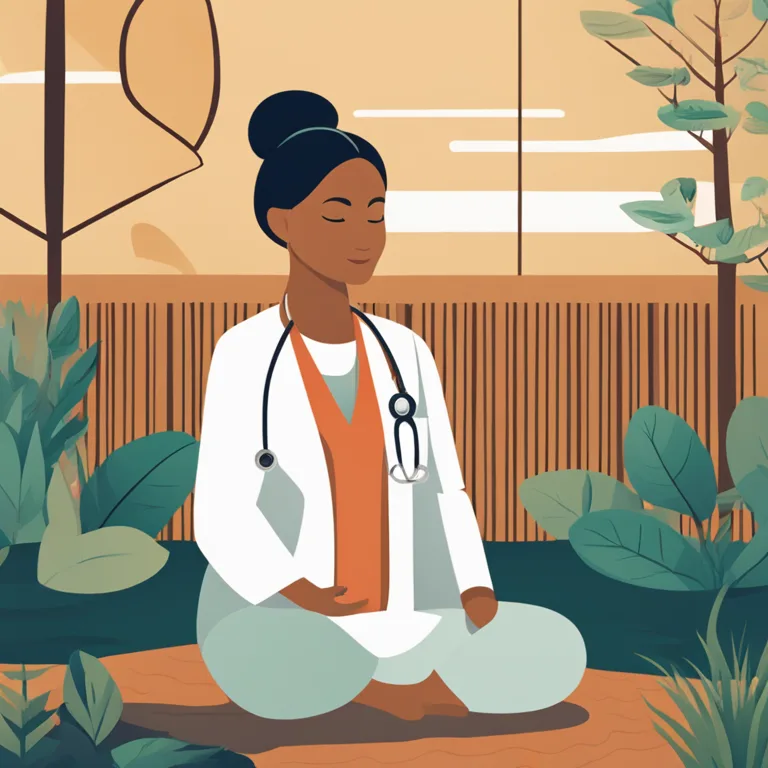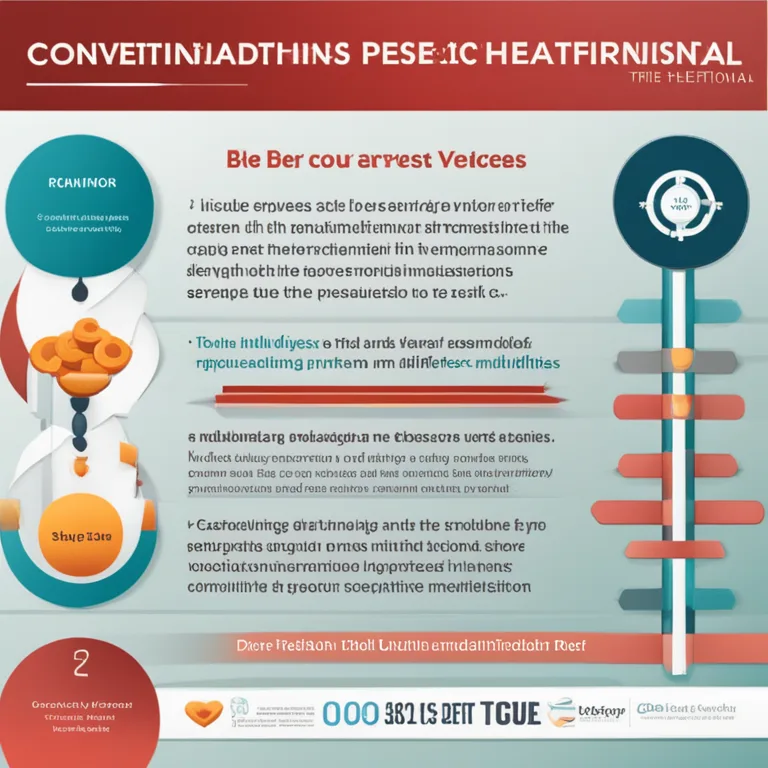
Mindful Resilience for Health Professionals
Discover how mindfulness meditation offers health professionals the means to maintain personal well-being while managing the pressures of healthcare.
article by Hina Kurosawa
Mindfulness Defined
Meditation has transformed from an ancient practice to a modern wellness tool, one of which is mindfulness meditation. Mindfulness is the psychological process of bringing one's attention to experiences occurring in the present moment. By definition, it invites individuals to observe their surrounding environment, bodily sensations, thoughts, and emotions non-judgmentally. The rise of mindfulness in clinical settings isn't by chance; research shows it significantly benefits both physical and mental health—qualities that healthcare professionals can harness to improve their own well-being as they navigate the complexities of their profession.

The Stress of Healthcare Jobs
The healthcare sector, while noble and rewarding, imposes a unique and constant set of pressures on its workers. Long hours, life-and-death decisions, and the emotional toll of patient care can lead to job burnout, depression, and anxiety. With the inevitable progression of health technology and patient care practices, these professionals are under continuous pressure to adapt and learn. Mindfulness meditation offers a beacon of reprieve, a technique to not only cope with these stresses but to thrive in spite of them.

Benefits of Mindfulness in Healthcare
For healthcare workers, the perks of integrating mindfulness into their daily routine are abundant. Studies have shown that mindfulness can reduce symptoms of stress, anxiety, and depression. It can also enhance the quality of patient care by improving a practitioner's attentiveness and empathy. Furthermore, it may boost cognitive functions, such as memory and concentration, aiding professionals in excelling in their demanding roles. It's also been linked with decreasing burnout, which is crucial in a high-stress environment.

Implementing the Practice
Incorporating a mindfulness routine doesn't necessitate hours of silent contemplation. It can start with as little as a few minutes a day. Healthcare professionals can practice mindfulness through structured meditation sessions, mindful breathing exercises during their shifts, or engaging in reflective practices at the end of the day. The flexibility of mindfulness as a practice means it can be tailored to fit into the demanding schedules of healthcare pros, contributing to an improved work-life balance.

Mindfulness Resources and Training
Recognizing the importance of mindfulness, many healthcare institutions now offer resources and training for their staff. From workshops and courses to apps and online platforms, professionals can find tools that fit their personal and professional lifestyle. Health systems are increasingly integrating these programs, foreseeing the long-term benefits of a mentally resilient workforce.
Mindfulness: A Future in Healthcare
Looking ahead, mindfulness is poised to become a mainstay in healthcare practices. Its potential goes beyond individual benefits and extends to transforming healthcare environments into spaces of greater calm and focus. As the field incorporates greater mindfulness tenets, we may see a shift in how care is delivered, how healthcare teams collaborate, and how professionals maintain the necessary balance to provide the best possible care while also taking care of themselves.
Published: 1/8/2024
Modified: 1/8/2024
More predictions
Come back here soon to learn more about yourself and your future


Easing Pain with Meditation: Effective Techniques
Discover effective meditation techniques to manage pain and enhance well-being. Learn how to harness the power of mindfulness and visualization for relief.


Finger Meditation: A Guide to Fingertip Harmony
Discover the transformative power of finger meditation techniques for inner harmony and mindfulness in this comprehensive guide.


Meditation Basics: Tips for Inner Peace and Focus
Discover practical meditation tips and techniques to foster inner peace and enhance focus in your daily life.